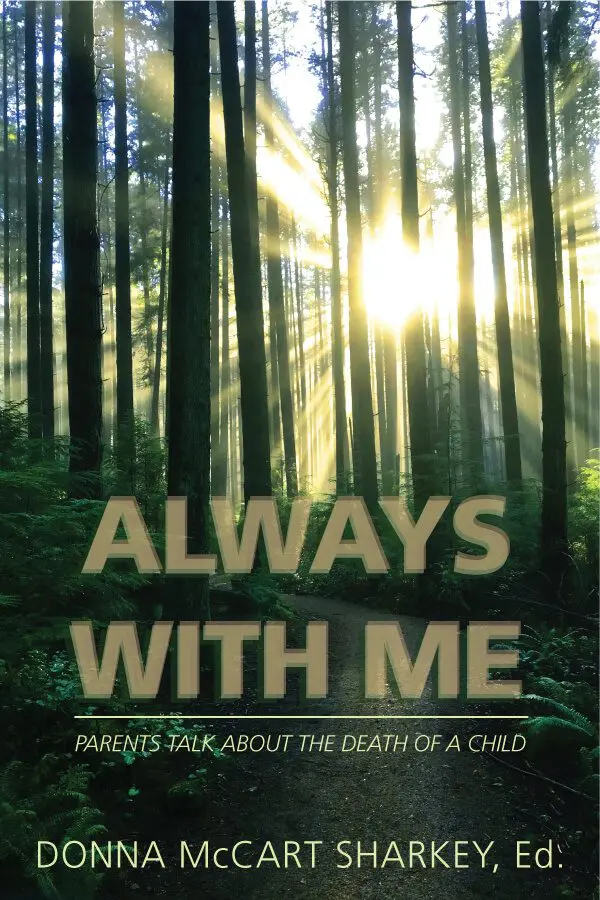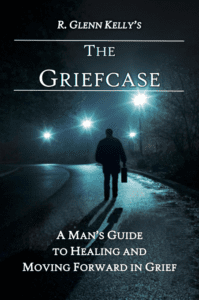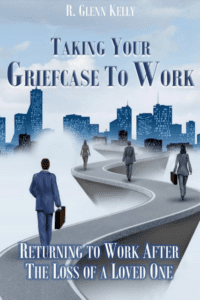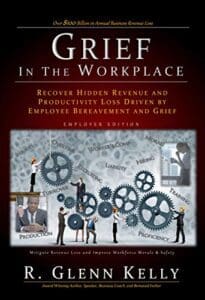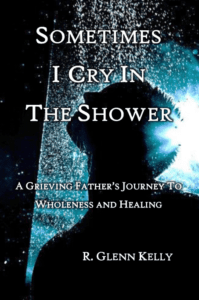From Our Support and Share Night Speakers
R. Glenn Kelly Author and Speaker
R. Glenn Kelly is a writer, public speaker, Grief Support Advocate, and grieving father.
After the tragic loss of his teenage son, he left behind the corporate world to work exclusively with bereaved men, and the women who want to understand them. R. Glenn is the author of the self-help book, "Sometimes I Cry in the Shower: A Grieving Father's Journey to Wholeness and Healing," and has appeared on television, support workshops and even college universities to discuss moving forward towards the new normal in recovering from traumatic loss.
Look for Sometimes I Cry in the Shower in paperback and eBook on-line at R. Glenn's website, grievingmen.com, Amazon, Barnes and Noble and bookstores everywhere.
From BFO Ottawa Community
Always With Me: Parents Talk About the Death of a Child
Edited by Donna McCart Sharkey, BFO Ottawa loss of child group facilitator and participant.
Chapters written by many others from BFO Ottawa who have lost a child.
How does a parent cope after the death of a child? Each essay in Always With Me: Parents Talk about the Death of a Child reveals the experiences of parents who have lived through the devastation and upheaval of their child’s death. Parents describe the maelstrom they face in their inner landscapes, coping strategies, and realigned place in the world. The writers in this collection of stories take on such topics as shock and isolation, despair, guilt, and how they attempt to make sense of their shattered lives. They offer insights into how their grief and loss are worked through, and why certain personal connections are severed, others strengthened. Importantly, they describe how, with lives altered indelibly, they try to press forward to find a new place in the world.
To order: Contact Us
